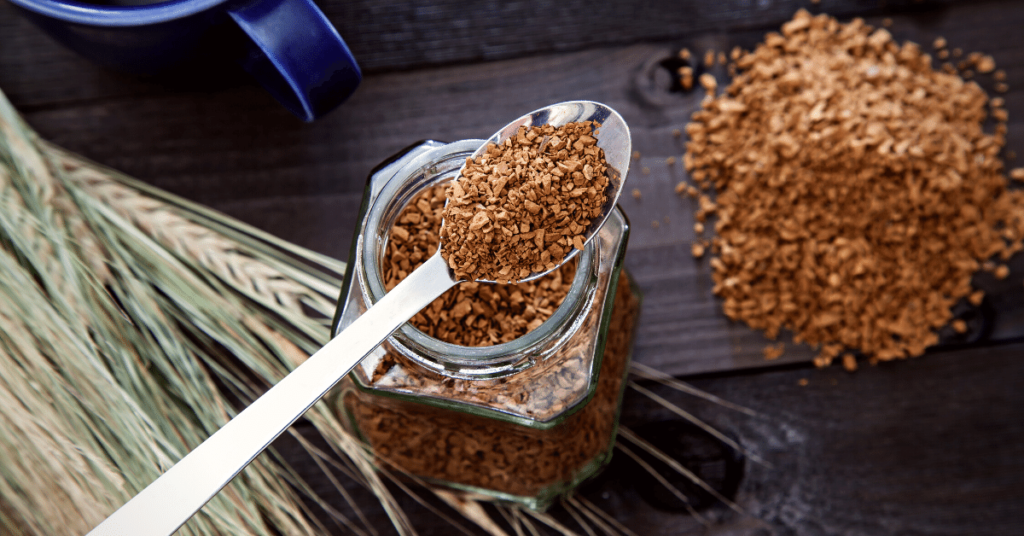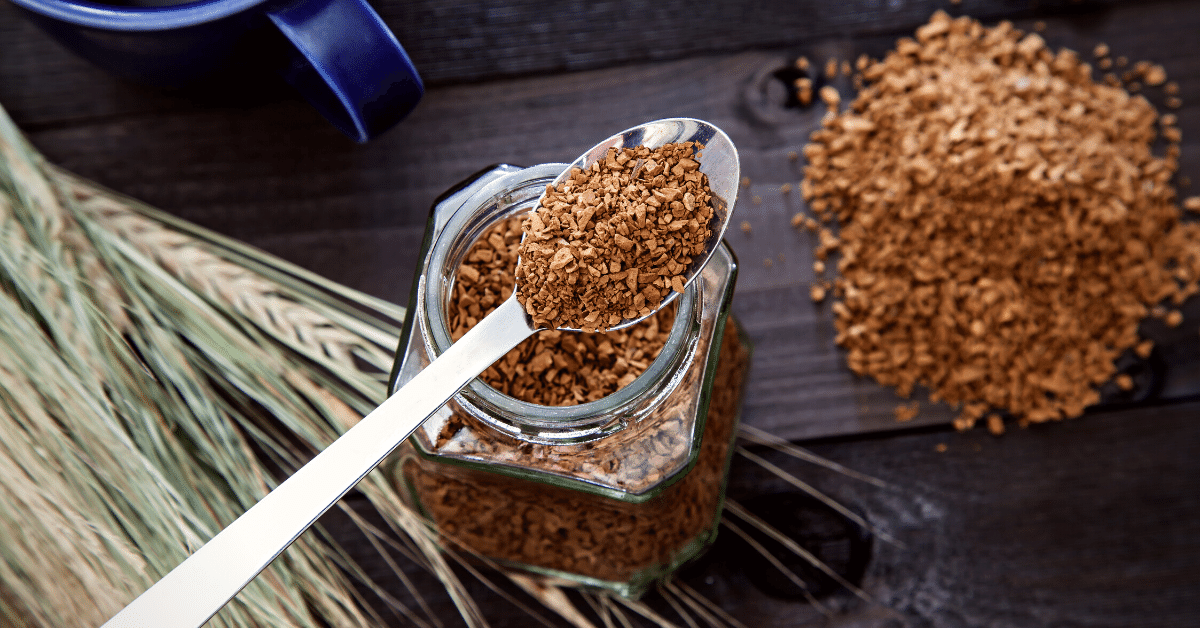
Does Black Coffee Go Bad? A Comprehensive Guide to Shelf Life, Storage, and Safety
The aroma of freshly brewed black coffee is a morning ritual for millions. But what happens when that leftover cup sits forgotten on the counter? Does black coffee go bad? The answer, like many things in life, isn’t a simple yes or no. This article delves into the nuances of black coffee’s shelf life, the factors that influence its quality, and the health implications of consuming coffee that has passed its prime. We’ll explore best practices for storage and provide insights to help you enjoy the perfect cup, every time. Understanding whether black coffee goes bad is essential for both coffee aficionados and casual drinkers alike.
Understanding Coffee’s Perishable Nature
Coffee, in its various forms, is a complex substance. It’s not just the caffeine kick we crave; it’s a blend of hundreds of volatile compounds that contribute to its flavor and aroma. These compounds are susceptible to degradation over time, leading to a decline in quality. The primary culprits behind coffee’s deterioration are oxygen, moisture, heat, and light. These elements work in concert to break down the delicate compounds that make coffee so enjoyable. This is especially true for brewed black coffee.
The process begins the moment coffee beans are roasted. The roasting process itself creates these volatile compounds, and it’s a race against time to preserve them. Once ground and exposed to air, the process accelerates. Brewing simply extracts these compounds and makes them even more vulnerable. Therefore, the longevity of black coffee is inherently limited.
Factors Affecting the Shelf Life of Black Coffee
Several variables determine how long your black coffee will remain palatable and safe to consume. Understanding these factors is key to maximizing your coffee experience and minimizing the risk of consuming stale or spoiled brew.
Brewing Method
The brewing method plays a significant role. Coffee brewed using methods that expose it to air more readily, like a French press or pour-over, may degrade faster than coffee brewed in a closed system like a drip coffee maker. The longer the coffee sits exposed to air, the quicker the oxidation process occurs, leading to staleness.
Storage Conditions
Proper storage is paramount. Coffee should be stored in an airtight container, away from direct sunlight, heat, and moisture. Refrigeration can help, but it’s not always necessary and can sometimes introduce unwanted moisture. The ideal temperature for storing brewed coffee is cool and consistent.
Type of Coffee
The type of coffee can also influence shelf life. For instance, cold brew coffee, due to its lower acidity and different brewing process, may have a slightly longer shelf life than hot brewed coffee. However, this difference is still relatively small, and the principles of proper storage remain the same.
How Long Does Black Coffee Last?
So, back to the central question: how long does black coffee last? The answer depends on several factors, but here’s a general guideline:
- Room Temperature: Brewed black coffee left at room temperature (around 70°F or 21°C) is generally safe to drink for up to 12 hours. However, its flavor and aroma will degrade significantly after the first hour or two. After this time, it is likely to taste stale and less enjoyable.
- Refrigerated: Stored in an airtight container in the refrigerator, black coffee can last for 3-5 days. While it might still be safe to drink after this period, the flavor will continue to diminish.
- Frozen: Freezing brewed coffee is an option, especially if you want to preserve it for longer. Frozen coffee can last for 1-2 months, though the texture may change slightly upon thawing.
These are general guidelines, and the actual lifespan can vary based on the factors discussed earlier. Always use your senses – sight, smell, and taste – to assess the quality of your coffee.
Signs That Your Black Coffee Has Gone Bad
Consuming coffee that has gone bad won’t necessarily make you sick, but it will almost certainly be unappetizing. Furthermore, the flavor changes can be a good indicator of potentially harmful changes. Knowing the signs of spoiled coffee is crucial. Here’s what to look for:
Changes in Smell
Freshly brewed coffee has a rich, inviting aroma. As it degrades, the smell will change. Stale coffee loses its fragrance and may develop a sour, fermented, or even moldy odor. If your coffee smells off, it’s best to err on the side of caution and discard it.
Changes in Taste
The taste of coffee is a significant indicator of its quality. Fresh coffee should taste rich, balanced, and flavorful. As it goes bad, the taste will become bitter, sour, or even metallic. The complex flavors will be replaced by a flat, unpleasant taste. If your black coffee tastes off, it’s time to let it go.
Visual Changes
Although less common, visual changes can also signal that your coffee has gone bad. Mold growth is a clear indication of spoilage. Additionally, the coffee may become cloudy or develop a film on the surface. These visual cues should be heeded.
Health Implications of Drinking Old Black Coffee
While drinking old black coffee is unlikely to cause severe illness, there are a few potential health considerations. The primary concern is the potential for mold growth, especially if the coffee has been stored improperly. Mold can produce mycotoxins, which can be harmful to health. However, the risk is generally low in properly stored coffee that is consumed within a reasonable timeframe.
Additionally, the flavor degradation can lead to a less enjoyable experience. The bitter or sour taste may also lead to digestive discomfort for some individuals. The main takeaway is that while drinking old coffee is not often a health hazard, it’s not going to be a pleasant experience.
Best Practices for Storing Black Coffee
To extend the life and preserve the quality of your black coffee, follow these storage guidelines:
Use an Airtight Container
An airtight container is essential to prevent oxidation and preserve the aroma and flavor of your coffee. Glass or stainless-steel containers are excellent choices, as they don’t absorb odors or flavors.
Refrigerate or Freeze (Optional)
Refrigeration can extend the shelf life of your coffee. However, it is not strictly necessary. If you choose to refrigerate, ensure the coffee is in an airtight container to prevent it from absorbing odors from other foods. For longer-term storage, freezing brewed coffee in ice cube trays is a convenient method. Once frozen, transfer the coffee cubes to a freezer bag.
Avoid Heat and Light
Heat and light accelerate the degradation of coffee. Store your coffee in a cool, dark place away from direct sunlight and heat sources.
Consume Promptly
Even with proper storage, coffee will eventually lose its quality. Consume your coffee within the recommended timeframes to ensure the best flavor and aroma.
Making the Most of Your Black Coffee
Enjoying a perfect cup of black coffee is a simple pleasure, and knowing how to store it properly can make a significant difference. Remember that the quality of your coffee starts with the beans and the brewing process. Use fresh, high-quality coffee beans and brew your coffee using a method that suits your taste. Experiment with different brewing techniques and find the one that produces your ideal cup.
To avoid waste, brew only the amount of coffee you intend to consume. If you have leftovers, store them properly and use them within the recommended timeframe. Consider using your leftover coffee in recipes like coffee ice cubes, coffee-infused desserts, or even as a base for iced coffee. You can also use it in gardening as a fertilizer. By implementing these practices, you can ensure that every cup of coffee is a delight.
Conclusion: The Fate of Your Black Coffee
So, does black coffee go bad? Yes, it does. While it may not always pose a direct health risk, the quality of brewed coffee deteriorates over time. By understanding the factors that affect its shelf life and implementing proper storage techniques, you can maximize the enjoyment of your coffee and minimize waste. Pay attention to the signs of spoilage – changes in smell, taste, and appearance – and always trust your senses. With a little care and attention, you can savor the rich flavors and aromas of a perfect cup of black coffee, every time. The key is to be informed and to make educated decisions about your coffee consumption. The longevity of your black coffee is in your hands.
[See also: How to Brew the Perfect Cup of Coffee]
[See also: Coffee Bean Storage: Tips and Tricks]
[See also: The Science of Coffee: Flavor and Aroma]


